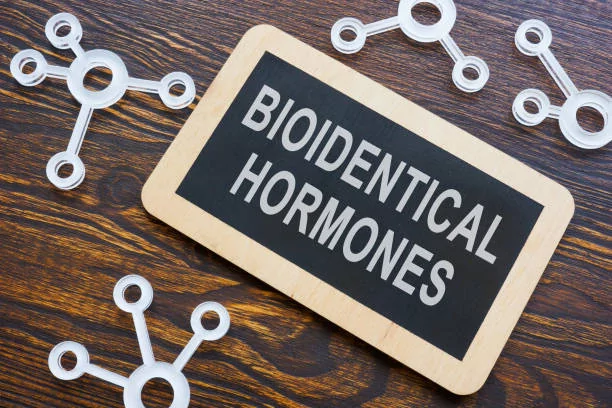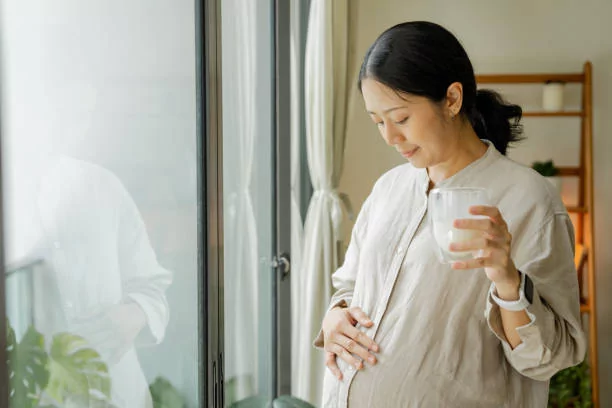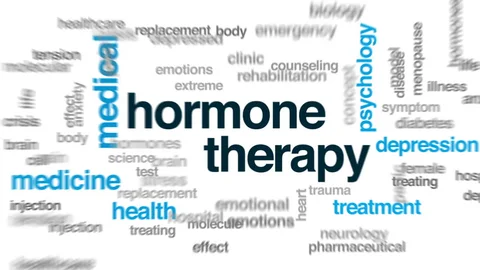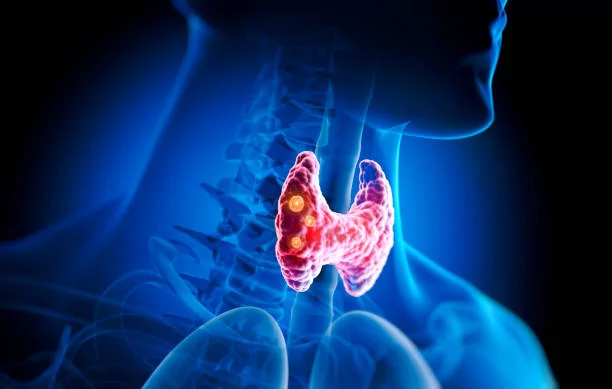3 Causes of Female Menopausal Hair Loss and Natural Remedies
Introduction
The average age of female menopause in the United States is around 51. During this transitional phase in a woman’s life, many may experience changes in their hair that can be distressing. Thinning, hair loss, brittleness, dullness, and lackluster appearance are common complaints. Understanding the underlying causes of menopausal hair loss is crucial to finding effective solutions and maintaining a positive self-image.
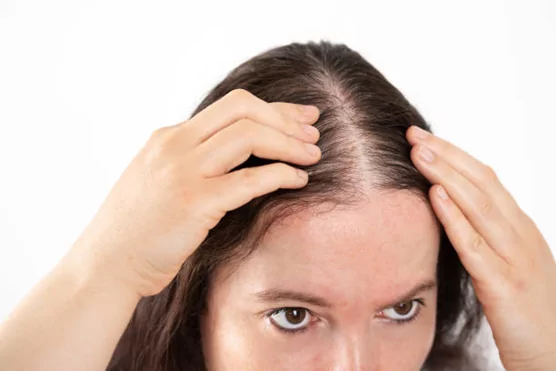
Understanding Hormonal Imbalances
Menopausal hair loss is closely tied to hormonal imbalances, which become more prevalent with age. Hormones like Estradiol and Thyroid play a significant role in hair health. The decline in blood levels or receptor sensitivity to these hormones is a primary cause of hair loss during menopause. Other factors that contribute to hair loss include genetics, food sensitivities, systemic inflammation, and nutrient imbalances.
Maintaining Hair Health Naturally
While medical interventions for menopausal hair loss will be discussed in a subsequent blog post, certain lifestyle changes can help lay the groundwork for healthier hair in women experiencing hair loss in their 40s and beyond. Incorporating the following practices can promote hair vitality during menopause:
1. Hair Hygiene:
Maintaining a clean and vibrant scalp is crucial. Frequent hair washing (at least 4 times a week) helps remove dirt and debris, stimulates blood flow through scalp massage, and keeps hair follicles healthy. Always opt for high-quality organic hair products that do not contain harmful chemicals or additives.

2. Nutrition:
Avoiding inflammatory foods is essential for hair health. Gluten, a protein found in wheat, is known to cause inflammation in many individuals. Eliminating gluten from the diet for a trial period of at least four months may improve hair growth. A nutrition plan focused on vegetables, proteins, limited fruit intake, and the avoidance of gluten, carbohydrates, and processed grains can be beneficial. Consider following an anti-inflammatory diet. Additionally, supplementation with a pharmaceutical grade multivitamin ensures optimal micronutrient intake necessary for good health and strong hair.

Empowering Women to Improve Hair Health
Female menopausal hair loss is a significant concern among aging women in the US. By incorporating simple daily routines and making some dietary adjustments, hair health can be positively impacted. Stay tuned for our next blog post, where we will discuss medical approaches to tackling menopausal hair loss and further improving hair health.
Read for detailed information:


